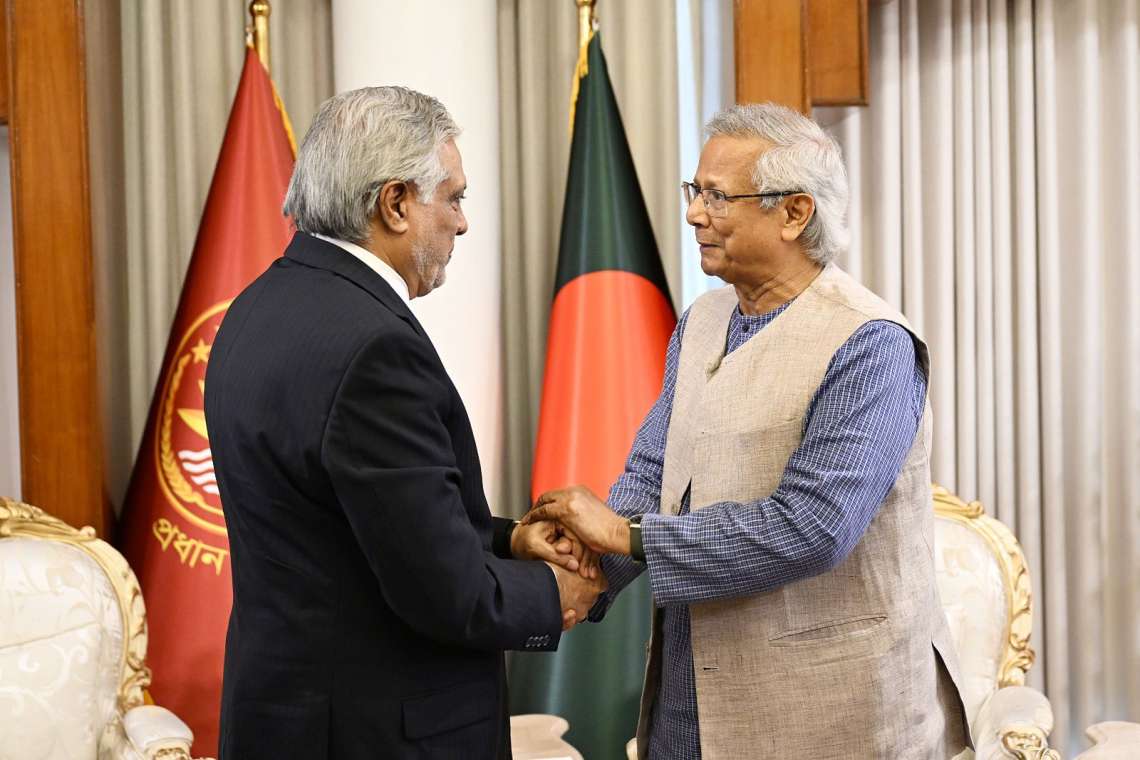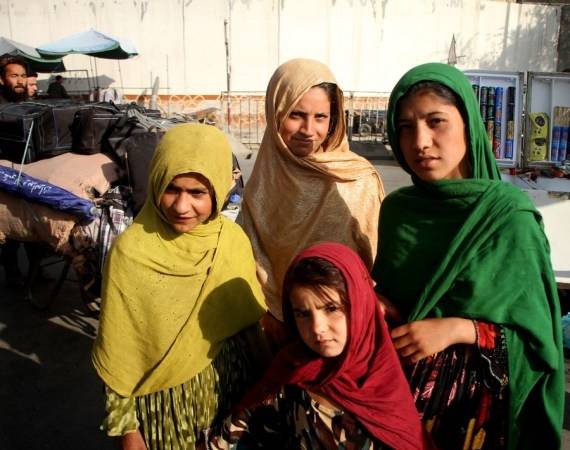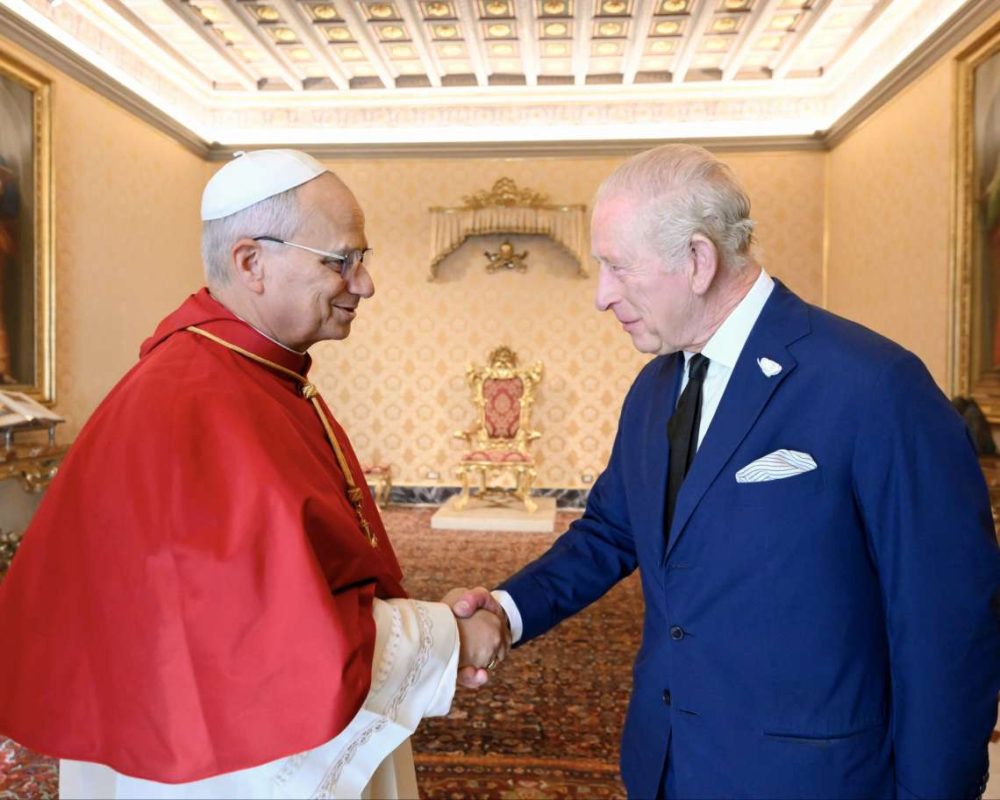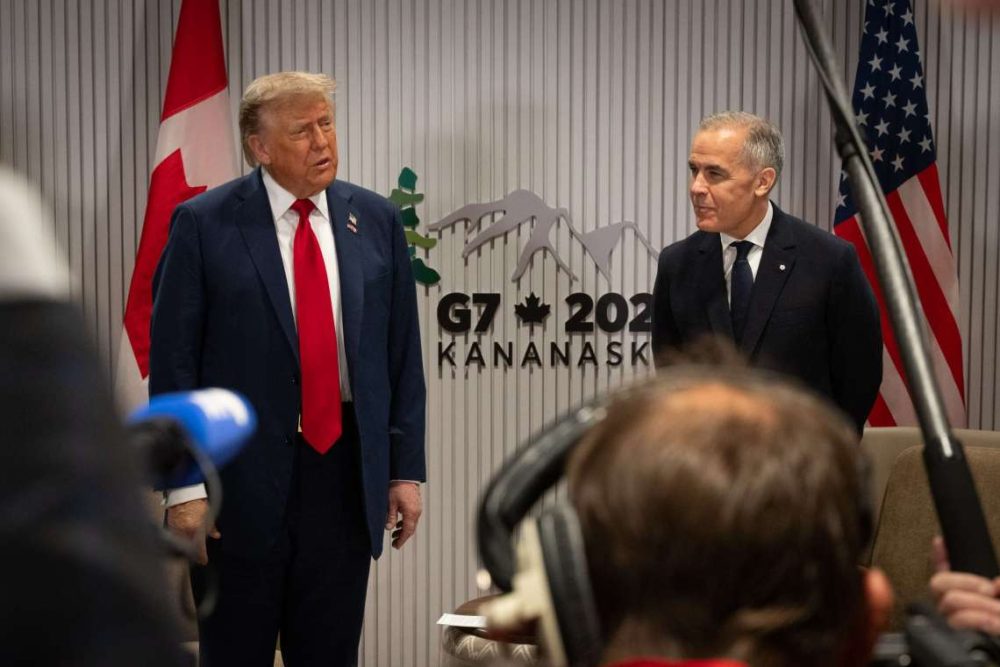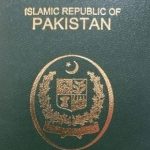The success of the Taliban in Afghanistan has galvanized the Tehrik-e-Taliban Pakistan, a militant group also known as the Pakistani Taliban or the TTP….reports Asian Lite News
Pakistan has long supported the Taliban, thinking that it will boon Islamabad’s security but little did they know that their security is at risk.
Ever since the Taliban took control over Afghanistan in August last year, Pakistan has become less safe, Foreign Affairs reported.
The success of the Taliban in Afghanistan has galvanized the Tehrik-e-Taliban Pakistan, a militant group also known as the Pakistani Taliban or the TTP. Since the Taliban returned to power, TTP has launched over 124 terrorist attacks in Pakistan.
The TTP’s activities have led to tensions between the two countries. On one hand, TTP was attacking Pakistan, while, Islamabad also launched the airstrikes which provoked protests from the Taliban authorities. Taliban border security guards have challenged Pakistani efforts to fence the Pakistan-Afghanistan border.
A senior Pakistani general, who until recently headed Pakistan’s Inter-Services Intelligence (ISI), had to visit Kabul for talks with the TTP, facilitated by the Afghan Taliban.

Pakistan’s support for the Taliban has always been rooted in ideology rather than in realpolitik. Since its creation in 1947, Pakistan has based its security policies on the notion that India, its neighbour to the east and frequent foe, seeks its dissolution, reported Foreign Affairs.
After the US withdrew its military from Afghanistan last summer, Pakistan officials remained optimistic about maintaining influence over the Taliban while retaining close ties with the United States.
This was a huge miscalculation. Influence moves both ways. Pakistan’s Inter-Services Intelligence holds sway over the Taliban through material support and personal ties with the leadership. But the Taliban have gained powerful constituencies within Pakistan, such as conservative clerics and Islamist political parties.
After the Taliban’s victory in Afghanistan, Pakistan expected the Afghan Taliban to broker a cease-fire between their Pakistani counterparts and the Pakistani government. But those talks failed, and Pakistan has conducted several drone raids and airstrikes against TTP targets in Afghanistan.
Whatever the case, this violence has dashed Pakistani hopes that a Taliban government would lead to a secure western border, reported Foreign Affairs.
In April, after the ousting of former Pakistan Prime Minister Imran Khan, Shehbaz Sharif led government took the power. Although Sharif’s government is expected to improve ties with the United States by jettisoning Khan’s incendiary anti-Western rhetoric, the government is unlikely to change Pakistan’s policy toward Afghanistan, which remains the purview of the military.
Imran Khan has refused to accept his removal from office. He is hoping to tap sympathy for the Taliban to create a wave of anti-American sentiment that he can ride back into office.
According to the publication, Pakistan must revise its approach to the Taliban. Successive Pakistani leaders who supported the Taliban in the hope of making Pakistan more secure clearly misunderstood the real challenges facing their country. (ANI)





